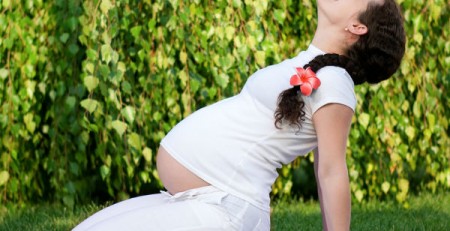Source: www.womansworld.com
Make no mistake, vitamin D is a powerhouse nutrient. In addition to being a stress-blocking vitamin that protects your heart, vitamin D has the ability to help reverse aging by ensuring that you feel healthier and look younger. If you’re not getting enough D, talk to your doctor soon about starting a supplement–and then go ahead and start turning back the clock! New research shows that this inexpensive nutrient has the power to boost your health in these important ways.
Vitamin D Benefits for Aging It fights off infections. Taking D daily lowers your risk of colds, the flu, and respiratory infections by up to 70 percent, a new U.K. study reveals. “Vitamin D—which acts as a hormone in your body—has a positive effect on the immune system and may even help offset some age-related immunity issues,” says Alan Mensch, M.D. of Northwell Health’s Plainview and Syosset Hospitals in New York.
That’s likely why D is also linked to a reduced risk of colon and breast cancers. It can stop hair loss. Women with the highest blood levels of vitamin D3 are least likely to experience thinning over time, according to recent research. Experts say D helps your body create hair follicles (the “pores” where hair forms), which leads to new hair growth. It helps you lose weight. A recent Italian study found that overweight women who took D daily lost significantly more weight than those who followed the same diet without the supplement. Vitamin D appears to rev metabolism and help stop excess blood sugar from being converted into belly fat! It betters your bones.
Getting enough D can slash your risk of fractures—and may even slow bone loss if you already have osteoporosis. Vitamin D stimulates your bones to absorb calcium, and calcium keeps those bones strong. Bonus: “D helps prevent falls in older folks, too,” says Dr. Mensch. “It may help your neuromuscular system keep working efficiently as you get older.” Don’t forget: Sunny days offer a free health boost! That’s because sunlight prompts your skin to make its own vitamin D—and most adults can get enough by spending just 15 minutes in the sun without SPF. But since cloudy days happen, and you may not always be able to make it outside while the sun’s out— it’s smart to supplement with 1,000 to 2,000 IUs of D a day (with your doctor’s okay) year round, says Dr. Mensch.


